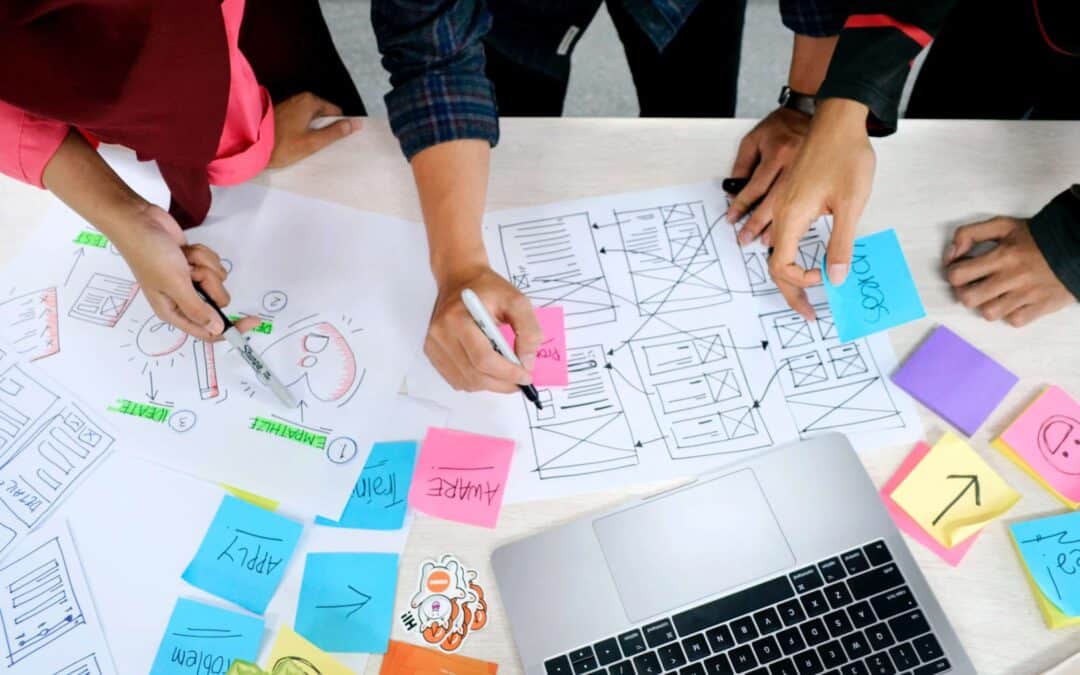We do a lot of work in “R&E,” a term used to define our work in Research and Evaluation. While we’ve spent some time talking about our research, it can be helpful to know what program evaluation looks like. Evaluation takes the form of an ever-circling 6-part cycle. The repetitive stages are a lens through which our programs are evaluated to aid discoveries along the way that allow us to enhance our work. These are the six evaluation stages we work through:
Engage Stakeholders: We look to involve program staff, clients, and other individuals key to the continuation of a program in the actual evaluation of the program itself.
Describe the Program: We create roadmaps that show the relationships among program activities, available resources, outputs, and outcomes. This includes identifying: necessary resources, desired deliverables, beneficial changes to clients, long-term outcomes, and any moderators (factors that may prevent achievement of desired outcomes).
Focus on Evaluation Design: Identify the issues of greatest concern and narrow them down by asking: Is it useful? Is it feasible? Does it involve the perspectives of clients and frontline staff? Are the evaluation methods reliable?
Gather credible evidence: Utilize the expertise of stakeholders, knowledge of clients, and historical data to strengthen the reliability of evaluation judgements.
Justify conclusions: Link conclusions to credible evidence, standards set by program leadership, and recommendations. Take into account interpretation and judgments.
Ensure use and share lessons learned: Prepare recommendations, receive feedback from stakeholders, and disseminate information to necessary parties.
CCFW’s R&E team continues to conduct evaluation assessments of our work to determine where each program is on the evaluation cycle and what activities are needed to keep programs moving through the cycle. Even the longest-running and most mature programs will eventually be brought back to the initial evaluation stages of engaging stakeholders and describing the program. Program models can never be proven once for all time, which makes evaluation paramount for preparing our programs to take us into the future of social services!
Want to stay current on our latest research projects and insights? Subscribe to our Research Spotlight Newsletter below!

